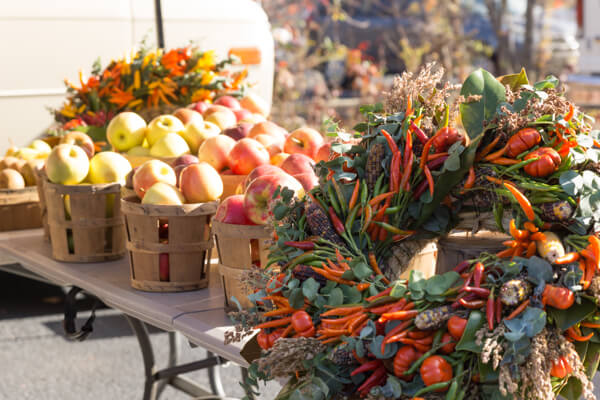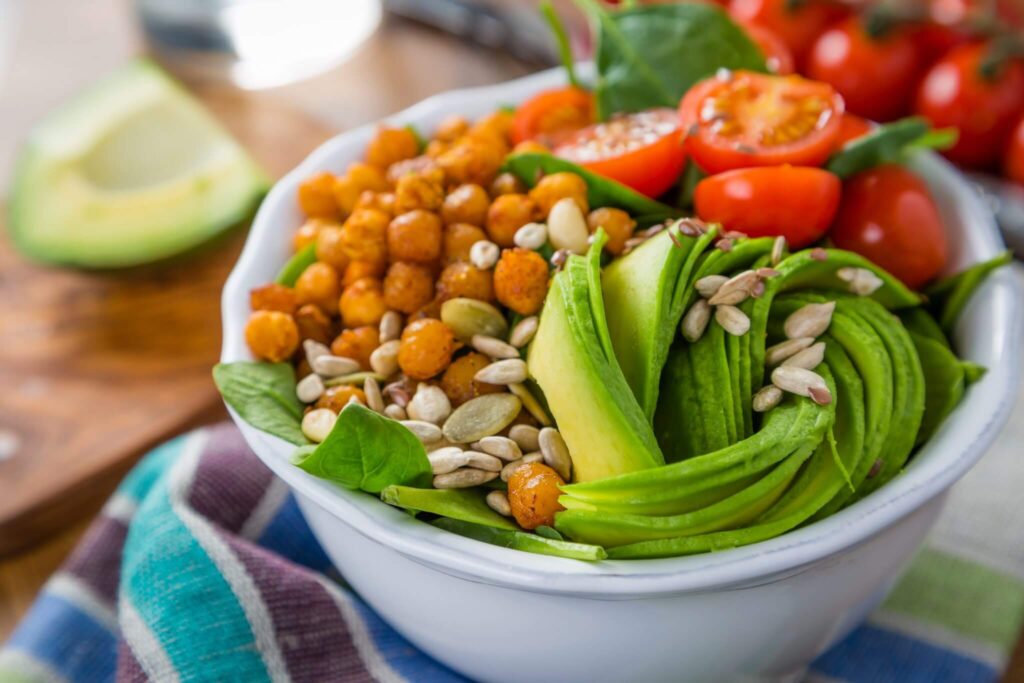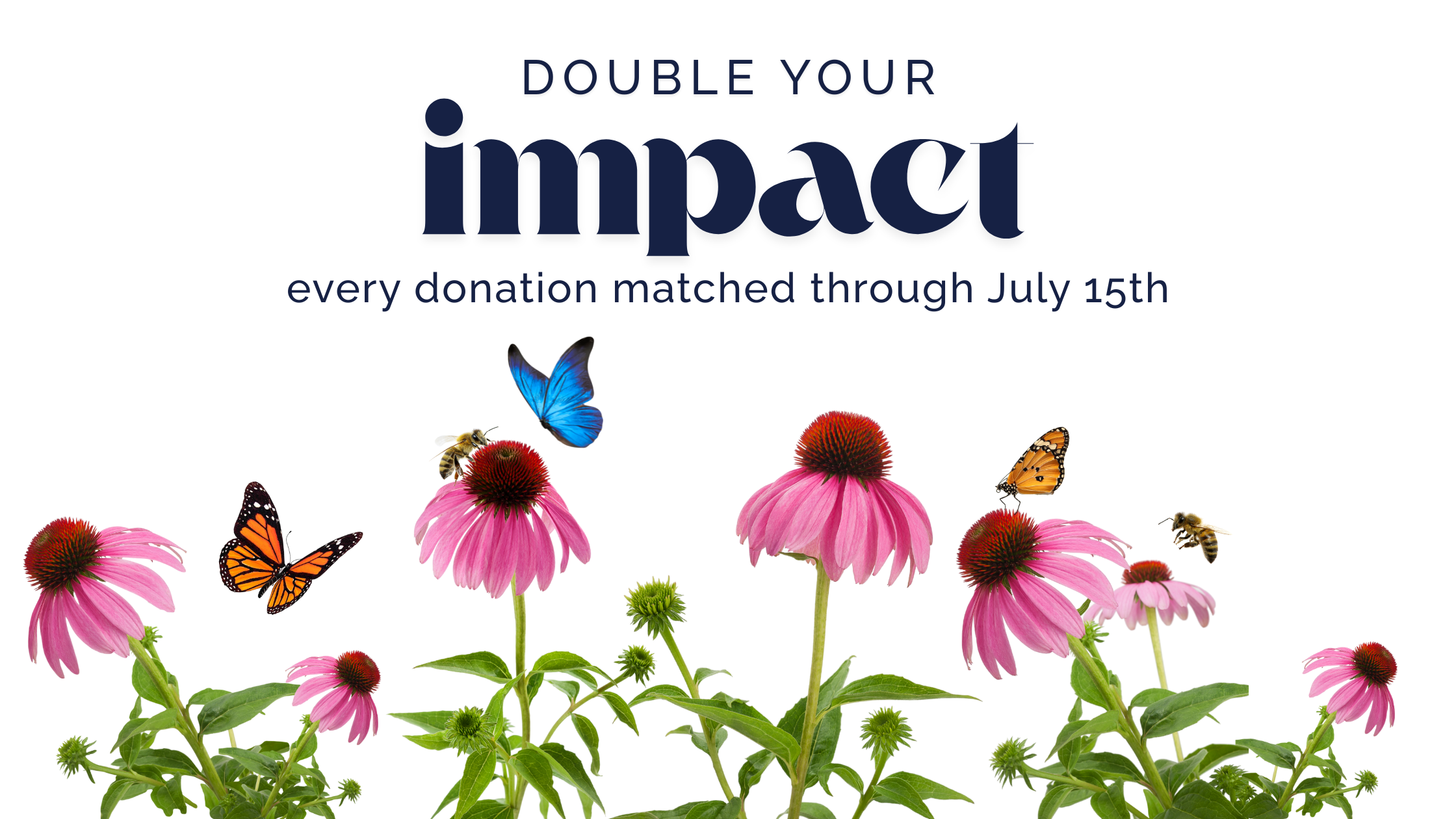Your food choices influence worldwide greenhouse gas emissions.
Shifting to a plant-based diet reduces your impact on the planet.
Animal agriculture accounts for 15% of worldwide greenhouse gas emissions and leads to deforestation, biodiversity loss, and water pollution.
Fortunately, a few changes can go a long way.
Here's how to get started:
- Build a rainbow. Increase your intake of fruit, vegetables, legumes, grains, nuts, and seeds. Eat a rainbow of colors, like blueberries, sweet potatoes, tomatoes, black beans, and whole-grain bread to get the balanced diet you need, while reducing your impact on the planet.
- Eliminate or reduce lamb, beef, and dairy (the biggest sources of food-related emissions). If that seems difficult, there are now some good plant-based meat substitutes. Local grocery stores, restaurants, even fast-food chains are carrying these options! The more you request them, the more plant-based options they will provide.
- Meatless Monday anyone? Start incrementally if that helps. Remove animal products from some of your meals by exploring new recipes or menu items. Countless online and printed recipe collections offer abundant new combo suggestions.
- Consider the alternatives. Ethnic dishes can easily be made plant-based. In Italian dishes, add veggies (zucchini, mushrooms, peppers) instead of meat to the sauce. Tofu can be substituted in Asian stir-fries and edamame makes a great appetizer. Mexican dishes are perfect with rice and beans substituted for meat. Indian meals can be plant-based with the substitution of chickpeas, potatoes, and peas.


Helpful hints.
- Join others in the community who are adopting a plant-based lifestyle. Princeton Eats Plants is a group that meets monthly to share and learn more about the whole food plant-based lifestyle.
- Don’t even know where to begin? Join a 7-day online kickstart program to help you get started.
Did you know?
- It’s good for you too. Certain scientific studies have suggested a plant-based diet could improve your health and lower your risk of several chronic diseases.
- That’s a lot of water. It takes around 660 gallons of water to make one hamburger. If you like cheese and bacon toppings, that can increase to almost 800 gallons of water.
- What? The average American consumes nearly double the recommended protein intake.
- Make the switch. The good news is that decreasing our intake of meat will almost immediately reduce global greenhouse gas impacts.




